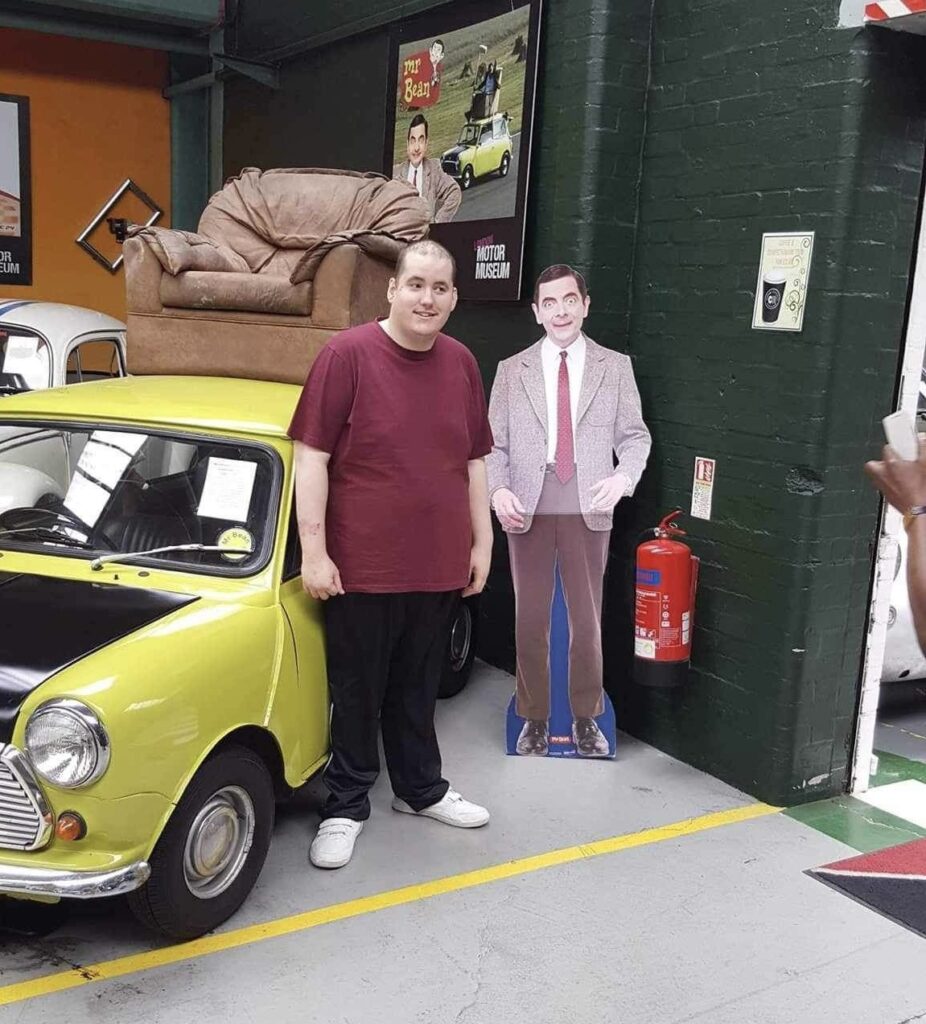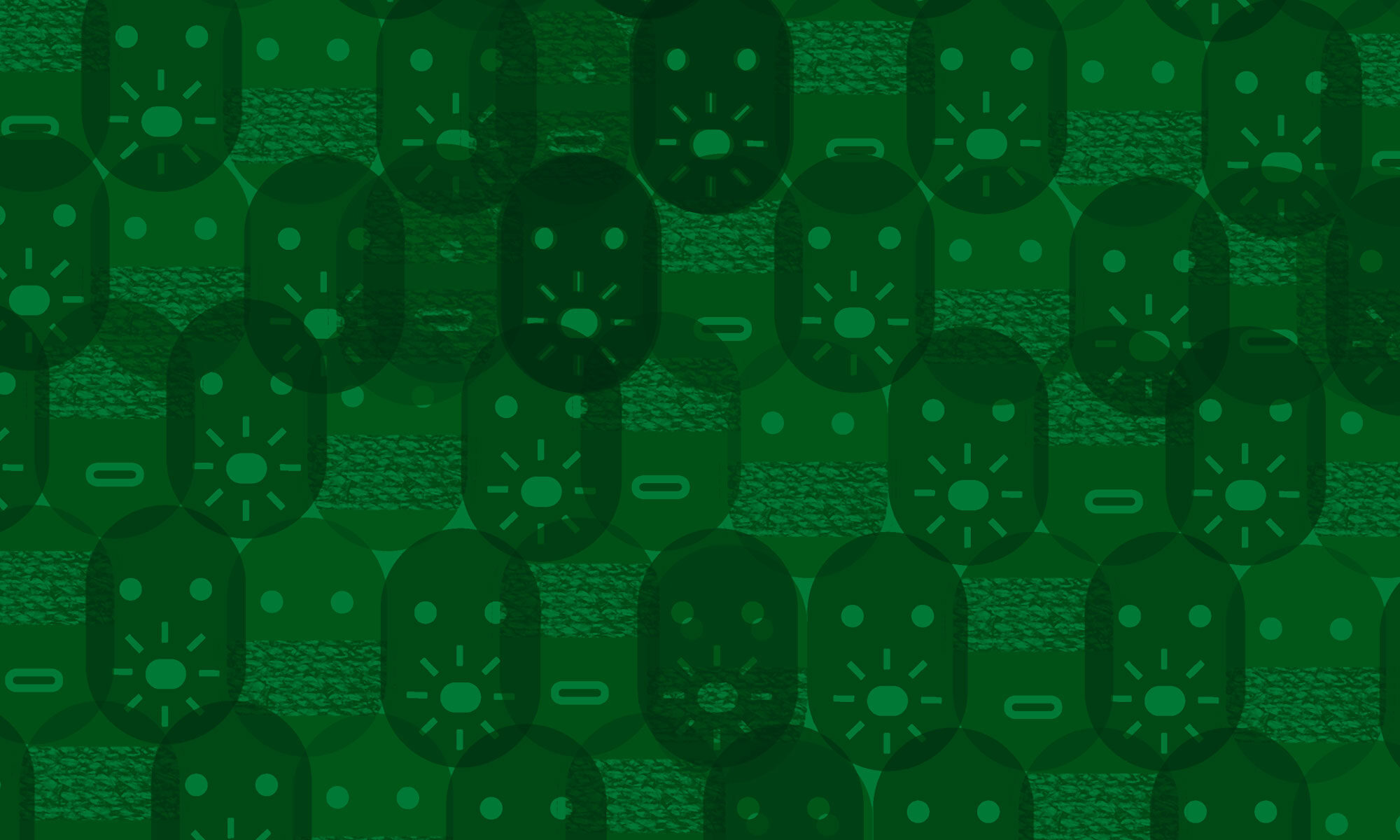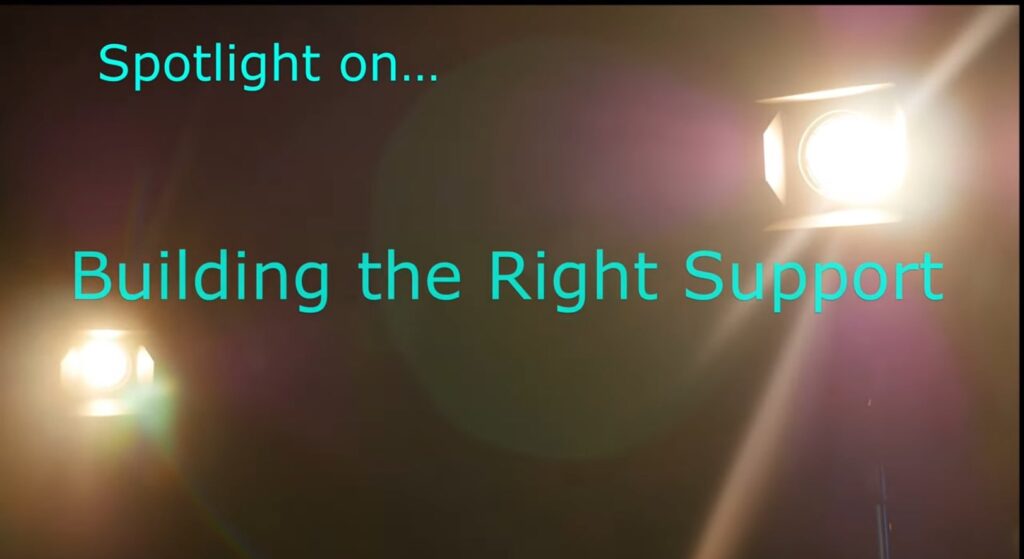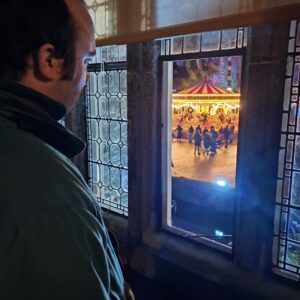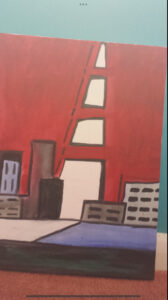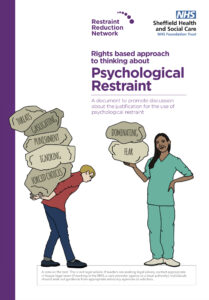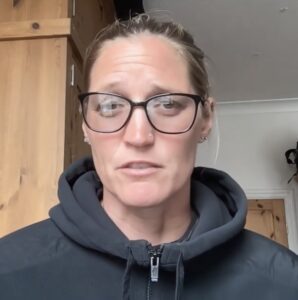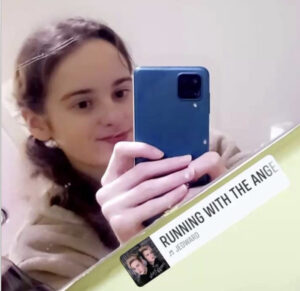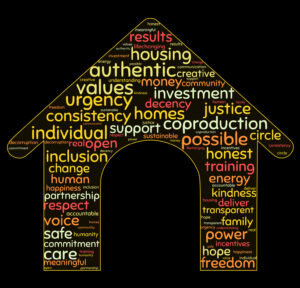This week marks the 13th anniversary of Steven’s week long hearing at the Royal Courts of Justice where the matter in hand was for Justice Peter Jackson to hear the evidence and decide whether Hillingdon Council acted unlawfully when they kept Steven away from his home for 358 days in 2010. Rightful Lives have invited me to write this piece to remind people of that judgment, but also to reflect on the 13 years, since Steven had his day (week) in court.
My memories of the week, 13 years on, are a bit patchy. The instinctive knowledge from day one that something very important was happening; realising from the first witness session that I was on the steepest learning curve of my life; the daily bewilderment as the Hillingdon witnesses came and went at how shoddy and unprepared their evidence was. My main memories are of the people: all the legal team and their breathtaking expertise and warmth; the press team, out for a story, but so respectful of Steven and me; the witnesses for Steven’s case – the professionals and their painstakingly prepared reports and the support staff giving their own experience of working with Steven Neary. And my family and friends who listened for hours as I tried to process my shock and anger – “Would you believe it? She wrote ‘there’s always something or other with Mr Neary….’’”
The outcome of the hearing certainly changed the direction of both Steven’s and my life for the next thirteen years. The judge found that for the whole 358 days that Steven was away, Hillingdon had breached Steven’s Article 5 Human Rights Act (the right to liberty) and his Article 8 rights (the right to a private and family life). Furthermore, he judged that all four Deprivation of Liberty Safeguards that Hillingdon had served throughout the year were unlawful. The DoLS legislation had only been introduced the year prior and were part of the Mental Capacity Act. The judgment is often described as “landmark” or “ground breaking” and it’s well worth a read if you have an interest in the world of learning disability. Justice Jackson is an excellent writer, so it reads like a real page turner, but it’s an important learning resource for disabled people and their families because it reveals the shocking dark arts of some social care practice and how families can arm themselves when they find they’re in an inevitable battle with the professionals.
I deliberately ordered the outcomes of Steven’s judgment in the way I did in the previous paragraph because it lends itself to the reason why I was asked to write this post. Steven’s was the first, or at least at the time, the highest profile case of a learning disabled person’s human rights (and abuse of them) coming under court scrutiny. The Mental Capacity Act elements of the case are important, but it didn’t get the same traction with the public that the HRA elements did. Even 13 years on, the case is little remembered outside of legal/social care circles, but when it is, it’s remembered for the human rights breaches.
I guess there’s obvious reasons why that is the case. The language and concepts of the HRA are much more accessible to the wider population. We can all quickly grasp the notion of having a private/family life and why that is important, especially for someone with a learning disability. Likewise, the right to liberty is a reasonably straightforward issue and most of us understand when our liberty is at risk. Steven’s case rested on those 2 particular articles, but I would argue that all the other articles of the HRA are as accessible and understandable to the people to whom they apply (I.e. everyone). The Mental Capacity Act is far more dense and much less relatable. How many of us weigh up our capacity when making life decisions? Do we draw up a balance sheet to find the least restrictive option? Put simply, the language of the Mental Capacity Act is not the way most people frame their lives. The actual Human Rights Act may not be a significantly older piece of legislation, but my sense is that the idea of human rights strike many chords. Perhaps it’s in our blood. At one point in the Neary judgment when discussing the HRA breaches, Justice Jackson references Magna Carta. In the courtroom, this reference sent me sobbing because the sudden introduction of the history of our belief in the subject of rights, felt really profound. Basically, it’s a construct with a very long history that must be in our DNA.
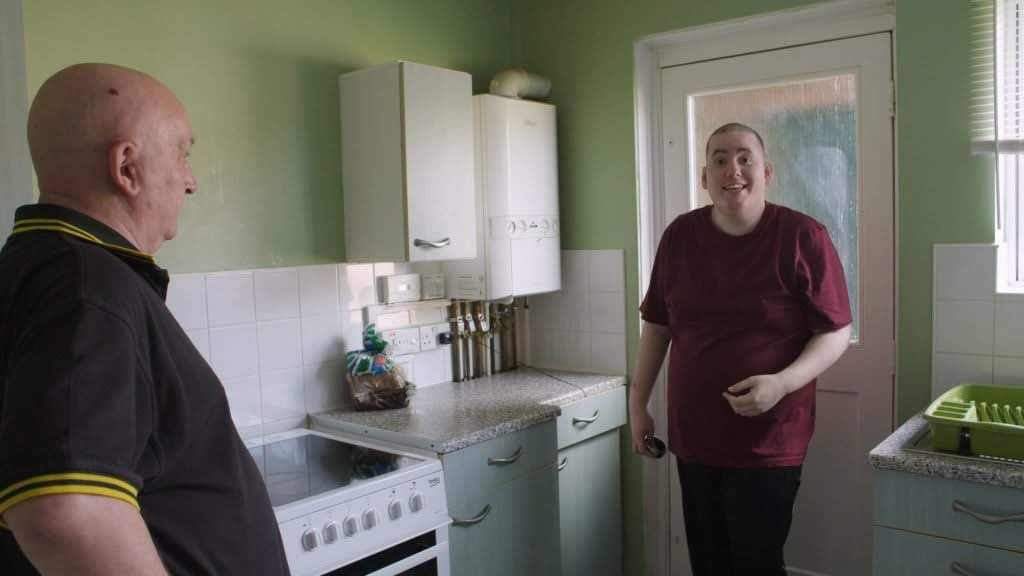
Since 2011, I’ve been fortunate to be asked to write and speak about the Neary case, and I’m often struck by the split in how the story is received. The reality is not quie as stark as how this reads, but the social care professionals tend to be more interested in the Mental Capacity Act aspect of the case. I remember speaking at a large London mental health conference and when I got to the Human Rights Act part of the narrative, all the senior psychiatrists seated at the centre table, got up and adjourned to the buffet. My theory is that it’s easier to detach yourself with the MCA. The people you are in service to become objects; problems to be wrestled with and solved and it makes you feel important. It’s much harder to “other” the person with the Human Rights Act – the clue is in the title; you can’t consciously escape the fact that you’re dealing with a human being. In the league table of acknowledged oppressed groups, people with learning disabilities seldom get a look in; they’re permanently in the relegation zone. Perhaps, as a society, we need it that way. A group of people, so alien, so different, that the language we apply to ourselves cannot possibly be applied to them. The HRA blows all that to smithereens. Even the psychiatrists at the top table cannot avoid the truth that their right to a family life is no different to that of Steven. Non professionals tend to switch off when I get into the nitty gritty of the MCA, but switch back on when we move onto the HRA and its day to day relevance of Steven going about his business.
I’ve become a bit of an HRA anorak over the years. And I’m stubborn too. So, when Steven has his annual care plan review, or better still, his annual Community DoLS assessment (don’t ask!), I refuse to engage in the language that turns Steven into a thing. When the subject under discussion is “accessing the community”, I say, “oh you mean, when he pops to the shops to buy some Frazzles.” I’m determined not to be derailed from the “he’s a human being living a normal human life” track. Throw in the occasional “that feels important to preserve his article 8 rights” to give added power to your elbow. Myself and the support workers spend a lot of time talking about Steven’s life, but although we’re all well trained in the MCA, we don’t talk about his life in this way. We’re currently planning a trip to see The Pet Shop Boys and I can guarantee that the phrase “risk management plan” won’t pass our lips.
When I helped start Rightful Lives a few years back, we were clear that we wanted to present the exhibition as people living completely ordinary lives and the absolute lottery of living an ordinary life when you’re needing to deal with the world of social care. How many stories have we heard of learning disabled people’s lives being turned upside down overnight by a change in social worker or a change in Council policy? We learn some bitter lessons through our dealings with social care and during my recent five year cancer battle, the most pressing thing for me was to make sure that Steven remained supported during my absences without having to bring in social services. The risk to Steve’s human rights (i.e. to live the life he loves) was too great. Back to the birth of Rightful Lives, through Steven’s case, it seemed obvious to me that the best framing for us to achieve our goal with Rightful Lives was by using the HRA as our anchor. I knew that if we framed it any other way, or started using that weird language of other models, we’d be all at sea. That is still my advice, if anyone is interested – stand your ground on the HRA ground. When Steven was away, I had a dream one night that turned out to be very useful tactically. In the dream, Steven and I were in the audience of the performance of a chaotic Shakespearean farce. The actors were being driven mad by the platform on which they were performing. I spotted, underneath the stage, that a mechanical system controlling the stage was faulty, but nobody could see or acknowledge the fault. The most pertinent part of the dream was the actors demanding audience participation and cajoling us onto the stage. A Brian Blessed type voice came over the tannoy, informing us that under no circumstances, must we set foot on the stage. That was my learning. Stay seated in the audience. Watch the show for the duration of its performance and then leave the theatre and get on with living your life. The HRA allows us to do that; other social care legislation has us joining the deranged players on stage.
I know that paints a dramatic picture when I’m usually the opposite; paint Steven’s life as the most ordinary life imaginable. A human life, a rightful life, can be a very magical, fulfilled life.
